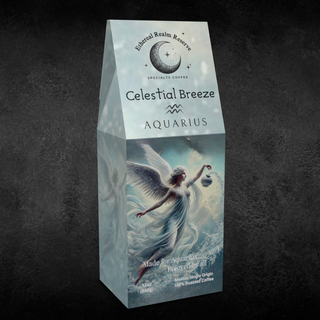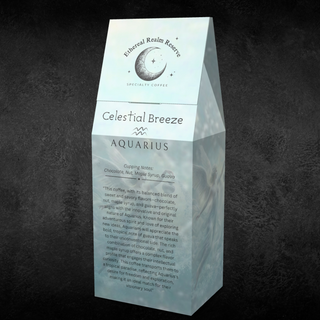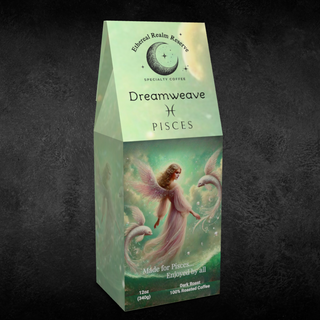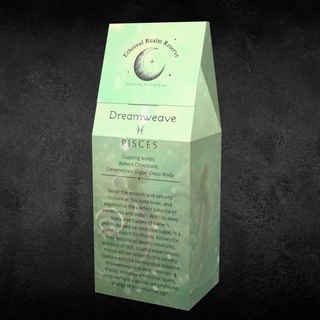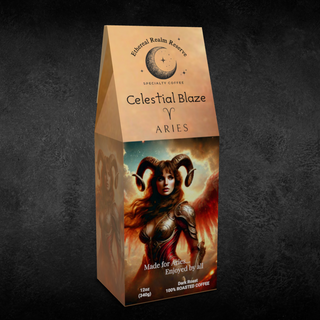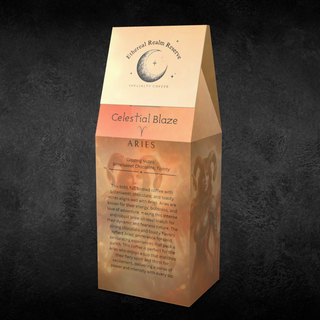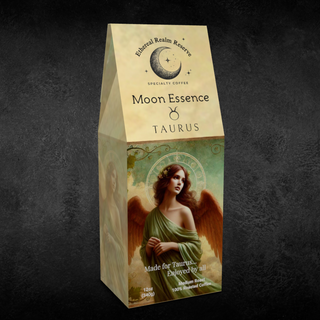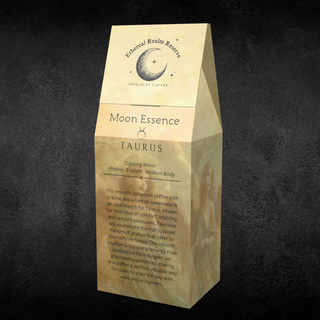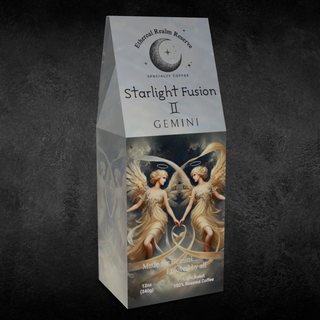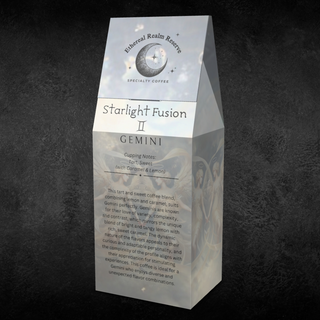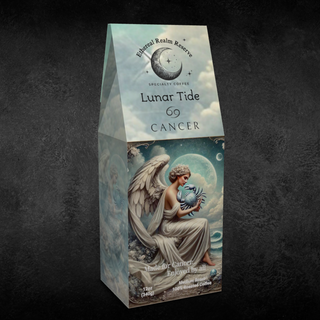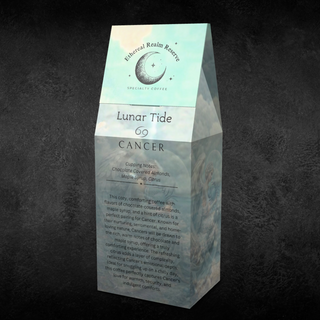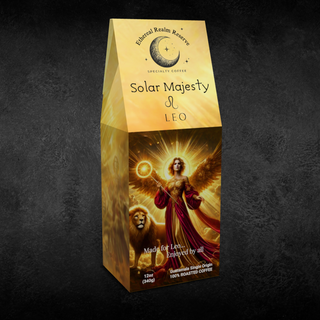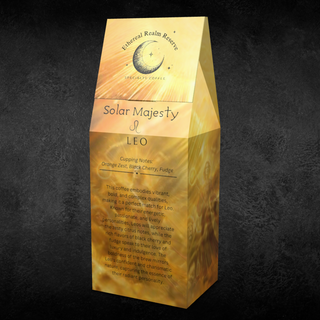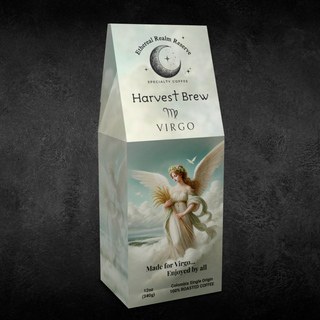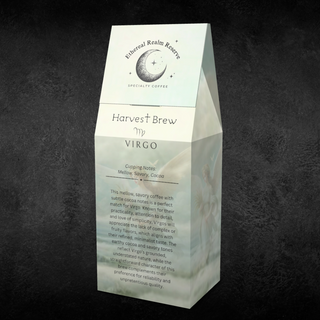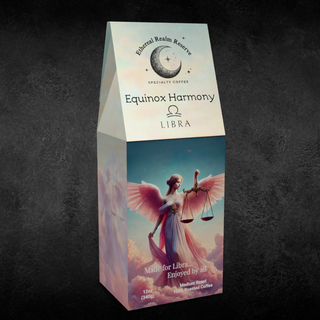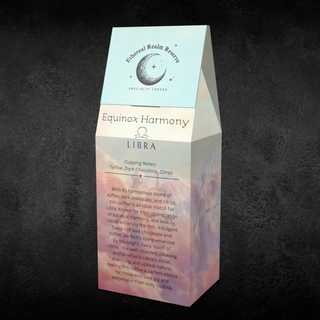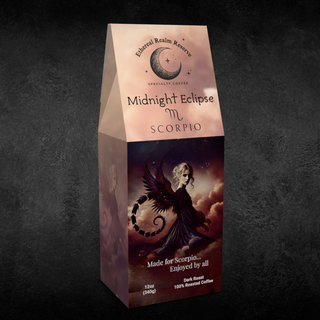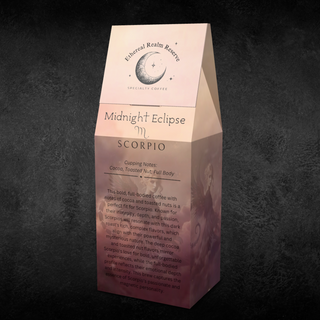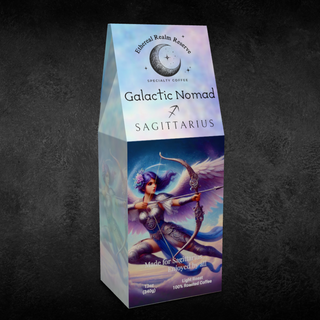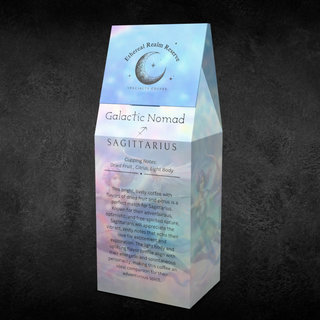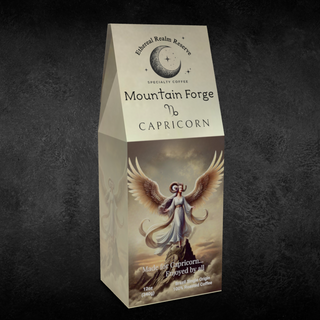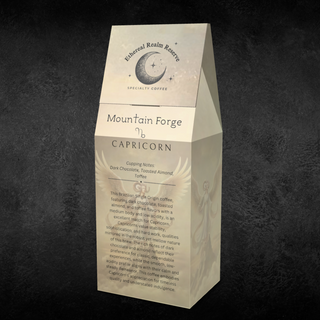Coffee Cupping & Quality Scores – The Art Behind the Numbers
At Ethereal Realm Reserve, we believe coffee is more than just a drink—it's an experience, a journey through flavors and aromas crafted by the earth and perfected by skilled hands. But how do we measure the quality of a coffee? That's where coffee cupping comes in.
The Specialty Coffee Association (SCA) developed a detailed grading system for coffee. Certified experts called Q-graders assess each batch. These professionals undergo rigorous training to master the intricate art of coffee tasting, ensuring that only the finest beans earn the prestigious title of specialty coffee.
Coffee is scored on a 100-point scale. Only coffees scoring 80 or above earn the specialty grade. Coffees scoring between 60 and 80 falls into the commercial-grade category, while anything below that doesn't meet the mark.
So, how do Q-graders determine these scores? Let's walk through the process.
Step 1: The Visual Inspection – Evaluating the Green Beans
Before the first sip is even considered, coffee must pass a visual test. A 12-ounce (350g) sample of unroasted beans is carefully examined for defects that could impact flavor.
Defects fall into two categories:
- Primary Defects (major issues like moldy or sour beans)
- Secondary Defects (minor imperfections like broken or chipped beans)
To be classified as specialty coffee, a sample must have zero primary defects and no more than five secondary defects.
Perspective check: A 12-ounce batch contains roughly 900 coffee beans—if just six beans are broken, that batch won’t qualify as specialty.
Step 2: The Coffee Tasting Process – The Heart of Cupping

Once the beans pass the visual test, they’re roasted, rested for 8–24 hours, and then ground right before cupping. The ideal coffee-to-water ratio is 8.25g (0.3 oz) of coffee per 150ml (5 fl oz) of water, ensuring a consistent and fair evaluation.
Each coffee sample is tasted five times, and Q-graders score it on ten key factors:
1. Fragrance & Aroma
- Fragrance: The scent of ground coffee before water touches it.
- Aroma: The scent released once hot water infuses the grounds.
2. Flavor
This is the essence of the coffee—its signature taste that lingers on the palate. High-quality coffees reveal distinct flavor notes like cherry, peach, or blackcurrant.
3. Aftertaste
A great coffee doesn’t just disappear—it leaves behind a pleasant, lasting impression. A sharp, unpleasant finish will lower the score.
4. Acidity
Bright, lively acidity can enhance coffee’s complexity. But the right level depends on origin—Kenyan coffees are naturally vibrant, while Sumatran beans have a lower acidity. If a coffee’s acidity is out of balance, its score drops.
5. Body (Mouthfeel)
This describes the texture of coffee—some feel thick and creamy, while others are light and watery. Consistency is key.
6. Balance
Like a perfect zodiac alignment, a well-balanced coffee harmonizes acidity, aroma, flavor, and aftertaste. If one trait dominates too much, points are deducted.
7. Sweetness
Natural sugars in coffee should enhance its taste—not overpower it. The right level of sweetness adds up to two points to the final score.
8. Clean Cup
A coffee’s flavor should be pure and consistent from the first sip to the finish. Any unwanted flavors mean a lower score.
9. Uniformity
Every cup from the sample should taste the same—if even one is off, the score suffers.
10. Overall Score
Here’s where Q-graders add their personal evaluation, scoring coffee based on how well it represents its origin.

Step 3: The Final Score – Where Numbers Tell a Story
Each of the five tasting cups gets scored on these factors. The final score is the sum of all the category scores, minus any defect penalties.
The result? A precise rating that determines whether a coffee is:

- 80+ (Specialty Coffee) – Exceptional quality, well-balanced, and full of flavor.
- 90+ (Elite Specialty Coffee) – A rare masterpiece, achieving near-perfect complexity and harmony.
What Do These Scores Really Mean?
A coffee scoring 80 is already excellent—but reaching 90+ is exponentially harder. Each additional point represents a significant leap in quality, with fewer defects, more refined flavors, and a cleaner cup.
With the rise in demand for high-end specialty coffee, only a small percentage of global coffee production makes it into the 90+ elite category. At Ethereal Realm Reserve, we aim to bring you coffee that’s not just delicious but ethereally divine, crafted with the highest quality standards in mind.
Next time you sip a cup of our zodiac-inspired blends, know that every bean has been meticulously curated, graded, and perfected—just like the stars aligned for your sign.


